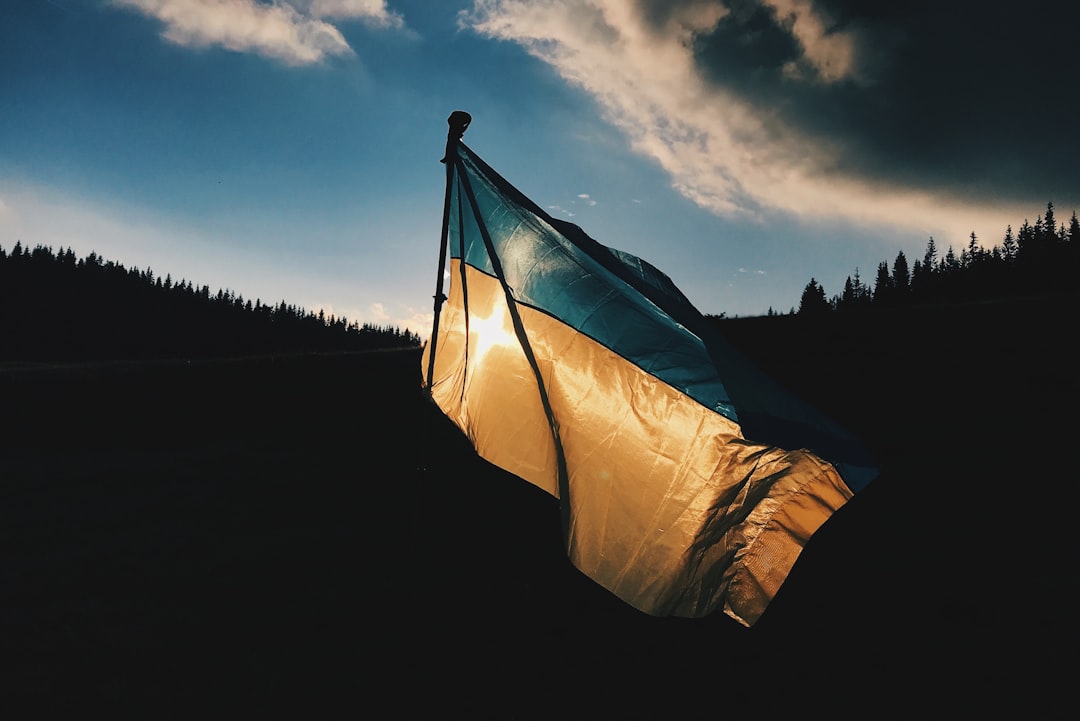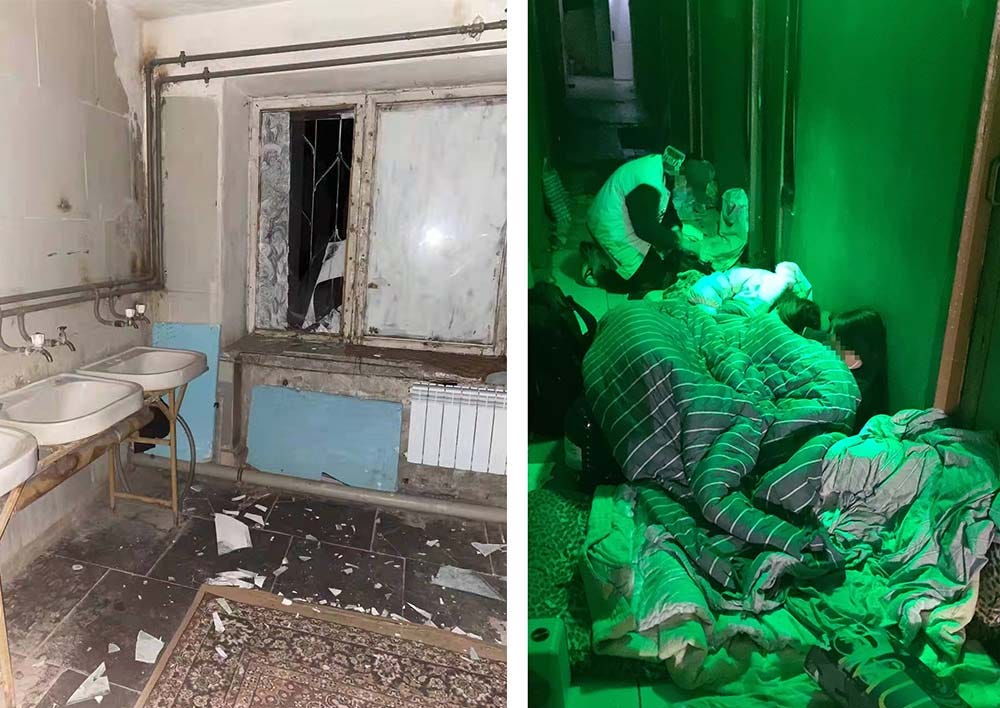Greetings from Chinarrative!
We’ve been off the radar for several months now and would like to extend an apology to our subscribers. We’ve been stretched just keeping up with our jobs covering Covid, the Olypmics, China’s Two Sessions of political meetings and now the horrific war in Ukraine (and what that means from China’s perspective).
Our absence is partly due to some happy reasons as some of the Chinarrative team have moved on to other, exciting projects and we thank them for their help. This means we could do with some assistance, and if you’d like to do so we’d be delighted to hear from you at editors@chinarrative.com. Chinarrative also accepts original submissions. You can also follow us on Twitter and Facebook
Once we source stories that we feel our readers would enjoy, one of our biggest challenges is securing permission from publishers. It can be tricky to identify the person who can grant the approval and sometimes it takes some effort to convince them to agree. The other major task is to translate the articles into English. Again, any help on either of these fronts would be hugely welcome.
To get us back into a more regular publishing routine, we reached out to our good friends at Sixth Tone who kindly agreed to allow us to republish this piece about Chinese student Xu Shijie, who had to flee Ukraine after Russia invaded. Xu was interviewed by Sixth Tone reporter Wu Peiyue.
Thank you again for your patient support of Chinarrative. We promise to try harder to be more consistent in bringing you long-form stories from and about China.
P.S. You can now read Chinarrative in the new Substack app for iPhone.
A Chinese Student’s Escape From War-Torn Ukraine

Xu Shijie, 23, landed in the eastern Ukrainian city of Kharkiv last August to pursue a master’s degree in music at the Kharkiv National Kotlyarevsky University of Arts. Xu enrolled because of the school’s reputation — it had more than 170 Chinese students before the war started — but little did he know then that he would have to return home in such unforeseen circumstances.
When the war started in late February, Xu hunkered down in his dorm, but by March 1, shells were falling next door. He decided to embark on a nearly 1,300-kilometer journey to the Romanian capital Bucharest with three fellow Chinese students, and is now waiting to board a rescue flight to China.
In an interview with Sixth Tone’s Wu Peiyue, Xu shares a firsthand account of his anguish and agony following the assault on Ukraine. The interview has been edited for brevity and clarity.
A view from of Xu Shijie’s dormitory window in Kharkiv, Ukraine, Dec. 21, 2022. Courtesy of Xu Shijie
Feb. 28: Bombs and Birds
Kharkiv was silent after the war broke out, apart from the occasional sound of explosions in the distance. There were no sounds from people or traffic, but I could hear the birds chirp.
Initially, I intended to wait here till the war was over and even went to the supermarket to stock supplies. I thought the war wouldn’t last long. I also heard that Russian soldiers attacked some Chinese who drove on their own, and the living conditions for Chinese evacuees in Poland weren’t good either. At least my dormitory had internet and electricity, and seemed safer — so I decided to stay put for the time being.
But other Chinese students in the dormitory started leaving one by one. They left me their groceries, which could have lasted me six months.
I constantly heard the bombardments, but they sounded like fireworks from a distance, just like during the Lunar New Year. The night sky lit up by artillery fire looked like unending dusk, or dawn.
March 1: Brush With Death
I didn’t realize the gravity of the situation until a building some 100 meters from our dormitory got bombed that evening. There was a fire outside my window at around 10 p.m., and I knew the shelling had reached my neighborhood.
As a former journalism student, my first reaction was to rush outside and take photos. A fellow Chinese student held me back. Just a few seconds later, our floor shook and a door collapsed.
Then, two consecutive missiles bombed the neighborhood. My heart raced and my mind went blank. I messaged all my recent WeChat contacts in a panic. I wrote, “I’m dead.”
Our dormitory, a Soviet building built in the Khrushchev period, had accumulated nearly half a century of dust. It was all up in the air.- Xu Shijie, student
After returning to my senses, I walked down, remembering lessons from the fire drills. It was difficult to see — the building was engulfed in dust. Our dormitory, a Soviet building built in the Khrushchev period, had accumulated nearly half a century of dust. It was all up in the air.
I saw people choking and handed out around 10 masks to the Ukrainian students around me. I always keep a pack of masks in my pocket — I never thought a habit I picked up in China would come handy in this situation.
We spent the rest of the night sleeping in the first floor hallway.
Left: Shattered windows after an explosion at Xu’s dormitory building; right: Xu and fellow students on the first floor of their dorm after the explosion, in Kharkiv, Ukraine, March 1, 2022. Courtesy of Xu Shijie
March 2: On the Run
I set out for the train station, some 7 kilometers away, along with three other Chinese students, at dawn. I carried with me some clothes, food items, and my bassoon.
The street was empty. So were my emotions. - Xu Shijie, student
I had had a close brush with death, and I didn’t want to experience a second.
We met a group of Ukrainian soldiers while crossing a bridge. They greeted us in Ukrainian. I had learned Russian at school, and I unconsciously said “dobroe utro” — “good morning” in Russian. I immediately felt embarrassed, fearing it would offend them, but the soldiers laughed and replied in Ukrainian: “Kitaytsi, Kitaytsi” — “Chinese, Chinese.”
My Ukrainian friends, some whom I had only met once, messaged asking if I had left safely.- Xu Shijie, student
We arrived at the train station an hour later. The hall was already packed, and there were over 100 Chinese people there.
The first train arrived at midday. Chaos ensued.
There was only a narrow metal door open to the platform, and a larger, bolted door. While those close to the open door scrambled to get through, others tried knocking down the bigger door. There were scuffles, and it could have turned into a stampede. A Ukrainian soldier fired in the air and settled the crowd.
Then an announcement followed: “Women, children, and foreigners have priority to board.”
What I saw next was incredibly touching. All the mothers lifted their children, who then raised their hands for the headcount. The crowd then made way for them until a child’s cry pierced the air. He called for his father, who was still at the back of the line. Even though they were ahead, the child’s mother headed toward her husband at the back, and the child then threw himself into his father’s arms.
Above: Passengers try to knock down a bolted door to get to the platform at Kharkiv Railway Station; below: Passengers wait to board a train in Kharkiv, Ukraine, March 2, 2022. Courtesy of Xu Shijie
The first train ran out of space, so many families were separated. We didn’t make it onboard either, and waited for six anxious hours. Hearing that the midday train was delayed by a bombing didn’t make us feel much better.
My heart grew heavier as the night wore on and curfew approached. Luckily, the second train arrived around 7 p.m.
After the women and children boarded, they alternated between foreigners and Ukrainians to fill space. I was crammed into a compartment for two people with seven other Chinese students. We slept through the night in awkward positions.
March 3: Safe Passage
We arrived in Odessa, over 600 kilometers away in southern Ukraine, early in the morning.
At the station, we saw several buses arranged by the Chinese consulate in Odessa to pick up Chinese nationals. At first, I was angry that the Chinese embassy hadn’t come to our rescue in Kharkiv. But my anger subsided after eating a boxed lunch provided by the consulate.
We spent the day in the hallway of a local university. That night, I received a message from my dormitory manager in Kharkiv. She said they were receiving injured Ukrainian soldiers and asking permission from students to use their rooms as treatment wards.
“Yes, please. Please take everything that would help them,” I replied.
The buses left the next afternoon for the journey stretching over 30 hours, through Moldova, toward Romania.
I realized I was safe. I started posting some photos on social media. My Ukrainian friends, some whom I had only met once, messaged asking if I had left safely.
I couldn’t understand why they would even care about me at a moment like this. They are the ones who have lost their home. I’m just a foreigner who can escape this war.
A man and a woman farewell to their families who have got boarded at Kharkiv Railway Station in Kharkiv, Ukraine, March 2, 2022. Courtesy of Xu Shijie’s Ukrainian friend Daniel
March 5: Out of the War
We reached Bucharest in the afternoon. We were told we would take a chartered flight home from there.
When my passport was stamped at the Ukraine-Moldova border, I realized I might not be returning.
Many areas around my campus, those I had gradually become used to, have been bombed. The big wet market where I shopped regularly, the subway station, the famous candy store that I had yet to visit — all bombed.
I’ve realized we, ordinary people, are all ants. When two children are throwing stones at each other for fun, they don’t care how many ants they crush under their feet.- Xu Shijie, student
But there’s one place that I’ll miss the most: Sarzhyn Yar Park.
The park is bustling with music. Students from the Kharkiv National Kotlyarevsky University of Arts and elderly musicians from the neighborhood all practiced here. It was the first place in the country that made me feel at home.
But the park turned into a battleground. The vibrant meadow might now have been crushed by tank tracks.
Before my experiences in Ukraine, I believed that going to war to maintain national security was a good enough reason. Now I’ve realized we, ordinary people, are all ants. When two children are throwing stones at each other for fun, they don’t care how many ants they crush under their feet.
The scenes I saw in Kharkiv train station, the Ukrainian families separated from each other and people fighting for survival to secure space on the train to leave the war zone, have affected me deeply.
I’m terrified and angry. But I’m also touched by the people who never treated me as a foreigner — everyone I met after the war began was concerned about me. That’s the deepest bond I have with Ukraine, the bond with its people.
Edited for Sixth Tone by Bibek Bhandari.






